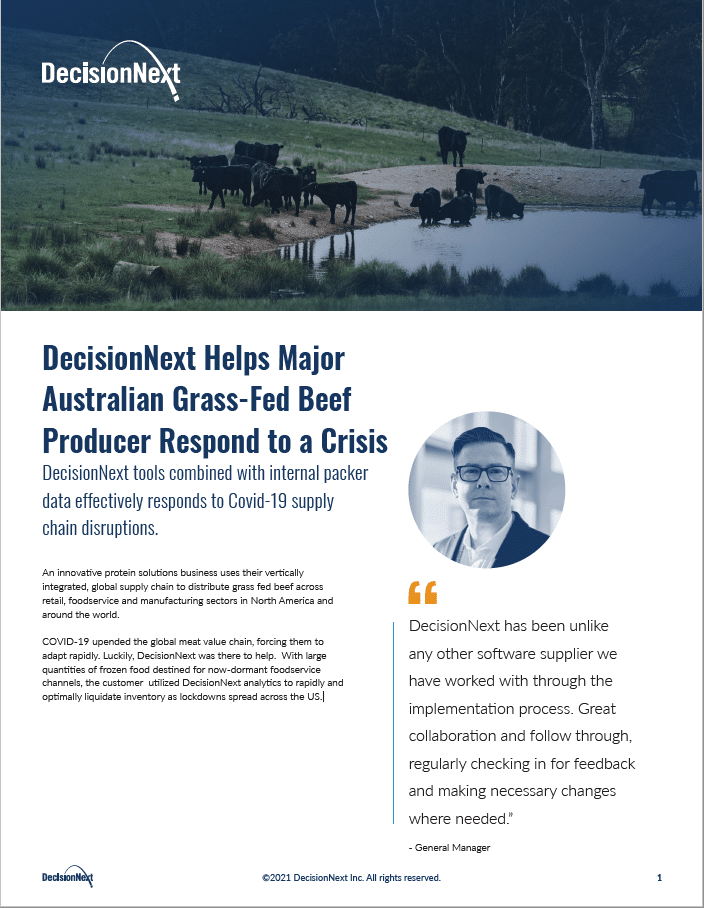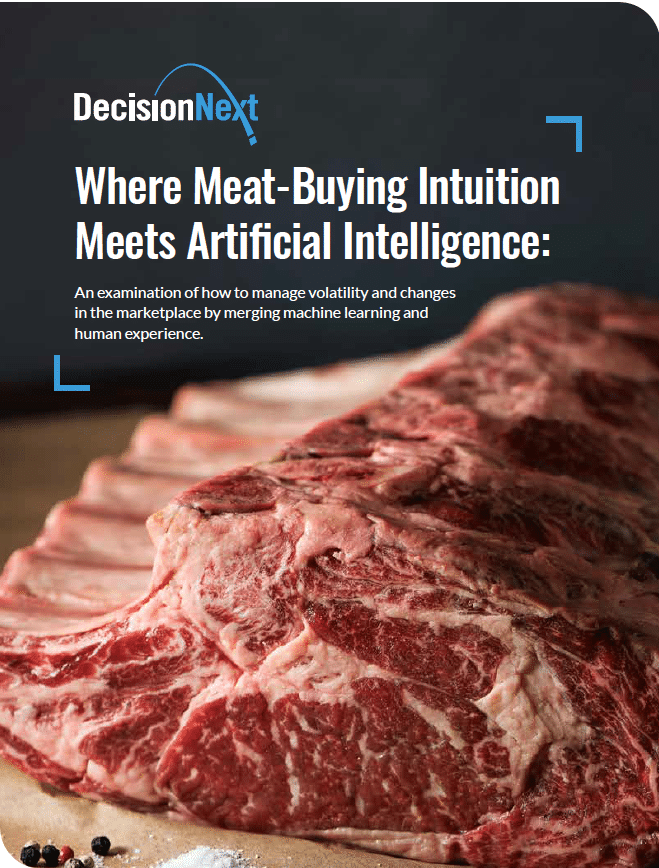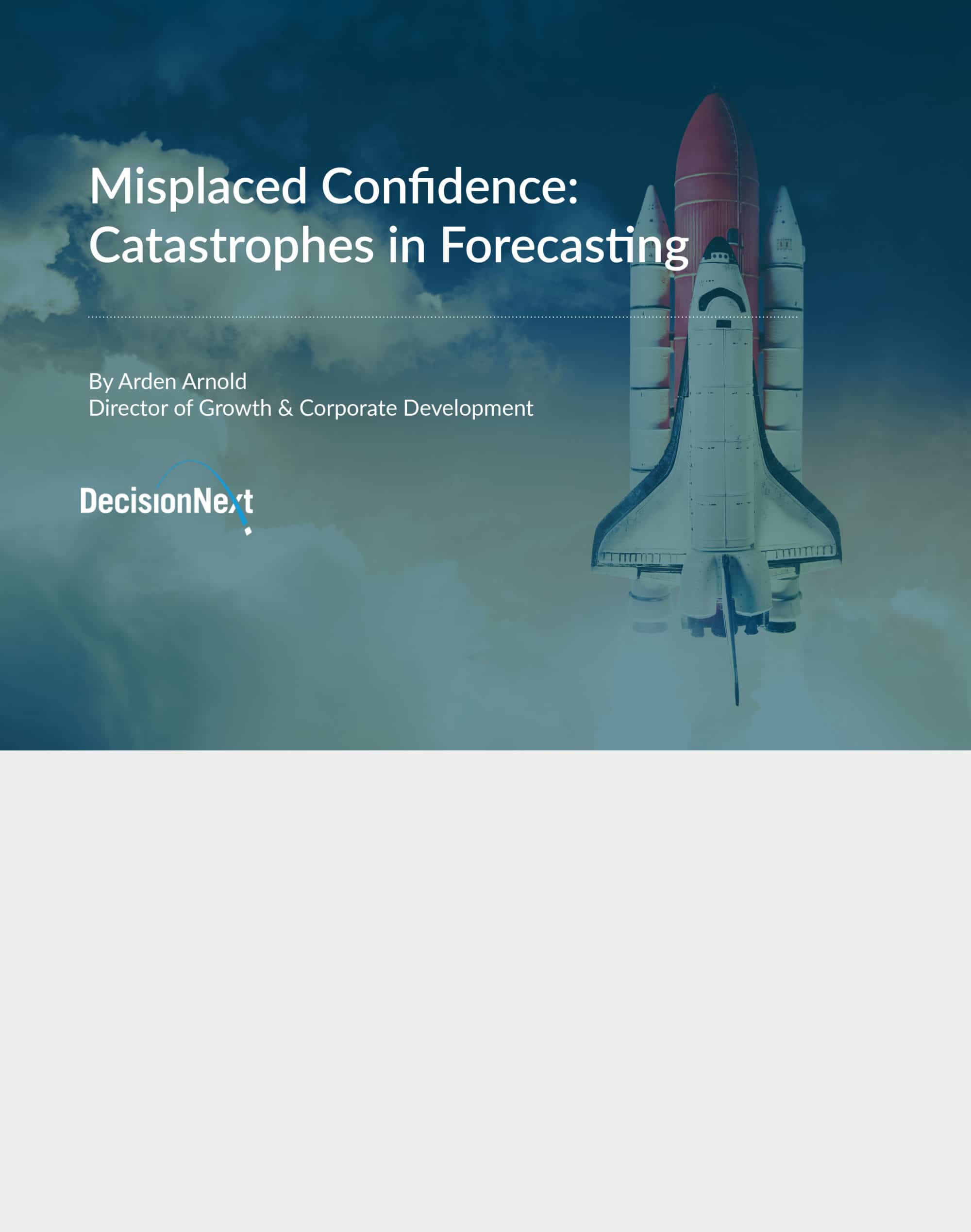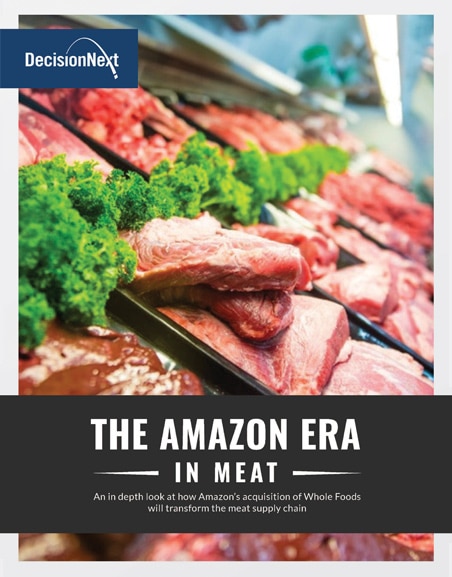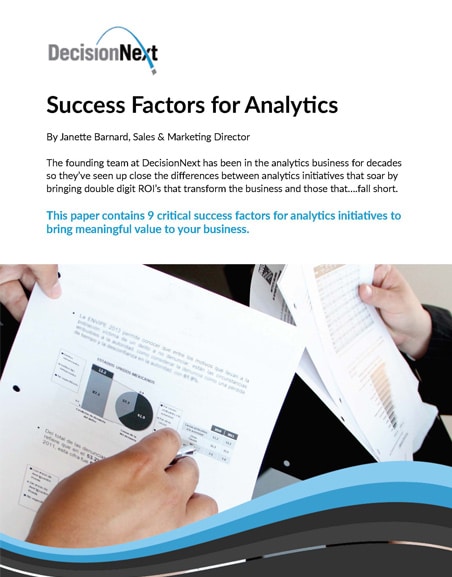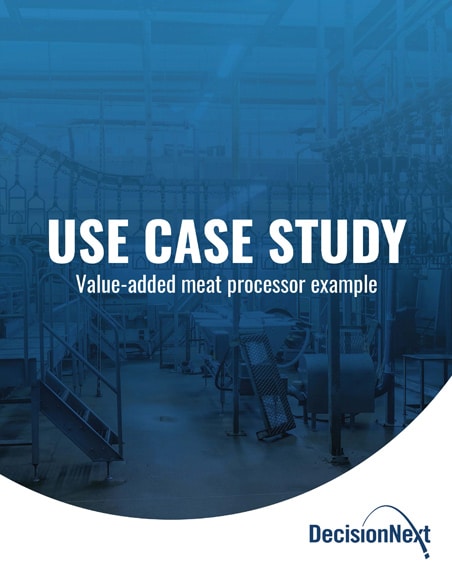The main storyline — regardless of the commodity — is gaining market share by competing on price. That is the path to empire building. Or at least it was back then.
But it’s not 1870.
You are not John Rockefeller.
And in the modern meat industry, you have far more profit inducing levers to pull than just lowering price.
Three levers other than price:
Pie Growth Mindset
Having a fixed pie mindset in a growing pie era is crippling. When you lower prices to gain market share, you are foregoing profit. This isn’t hypothetical lost profit. If the market is at $2 per pound and you sell at $1.75 per pound, then you can calculate how much it cost to buy the market share you were chasing.
Was it worth foregoing that profit when you could have gained market share by adding value and differentiating to bring in new demand rather than just (expensively) reshuffling existing demand in the short run? Because that market share will have to be bought again and again if that’s your tactic.
You are not a price taker; do know who is pricing your product?
Published market prices are (by definition) based on your competitors’ self-reported prices. So if you are religiously relying on USDA or another published price, aren’t you in effect letting your competitors price your product? Another common approach is talking with customers to “see what the market is doing.” In that case, aren’t you by definition allowing your customers to set your prices? There’s got to be a better way that puts YOU in control of pricing.
Information flow in commodity markets
Commodity markets are, shall we say, imperfect. One proof is information flow in beef, pork, and poultry markets, where published market prices and real market prices are two distinct numbers. If you know the published market price is only a guideline, how are you leveraging asymmetry of information to establish higher prices for your product?
Strategically low prices were Rockefeller’s weapon of choice during the wild west era of business when the Department of Justice didn’t care how much power one supplier had, public securities markets hadn’t even considered disclosure requirements, and analytics were only as advanced as the #2 pencil.
But the world has changed….has your management?
This post was originally published on Meatingplace.

